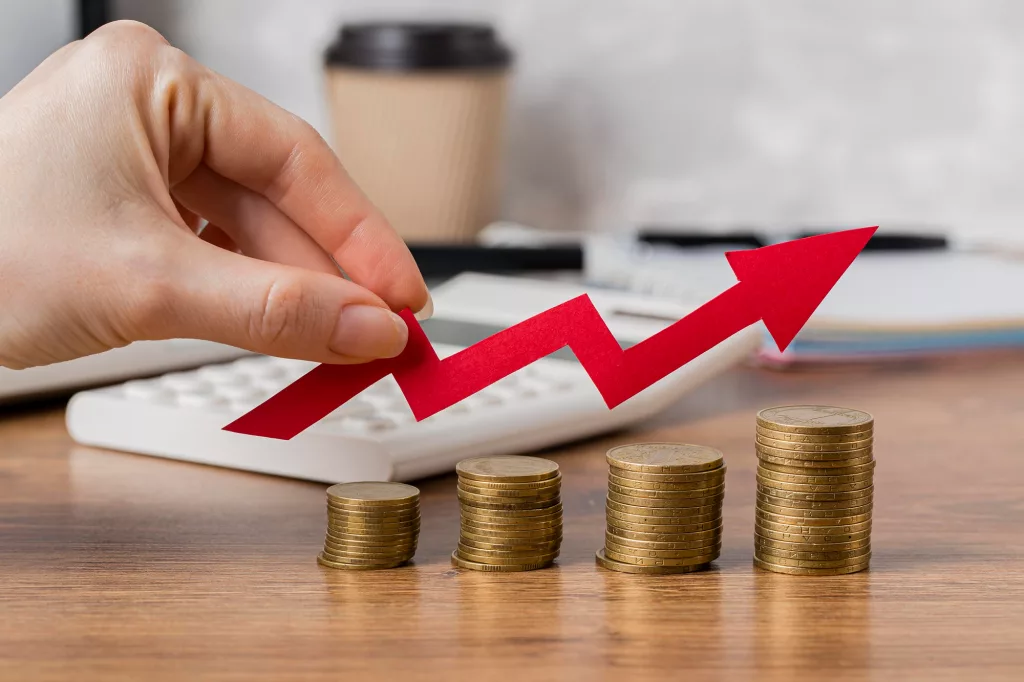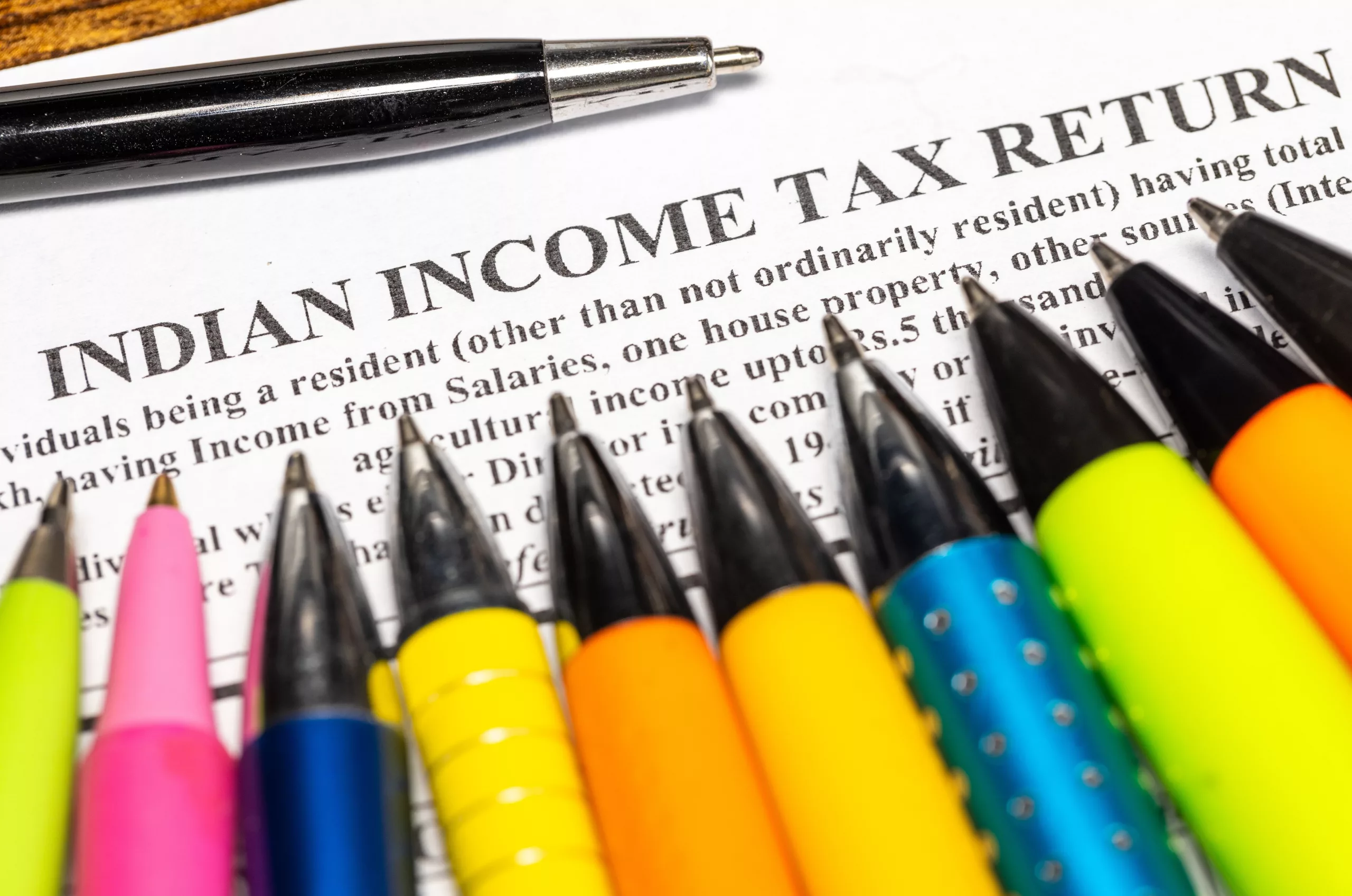House Property Sale – Compute your Capital gains

Following my article on Tax implications on the sale of house property in my last column in DNA dated ( August 3, 2010), I thought it is imperative to tell our readers about how the capital gain on the sale of house property is calculated.
To begin with, the incidence of tax on the sale of capital assets is dependent on the period for which you have held the asset. If you are selling your flat or house property within a period of 36 months from the date of purchase of the property, the profit made on such transaction is treated as short-term capital gain which becomes part of your regular income. Any profit earned by you on the sale of the property held beyond a period of 36 months from the date of its purchase is treated as a long-term capital gain.
How this capital gain on the sale of a property is computed?
For calculating your long-term capital gains, you have to deduct the indexed cost of the house property and all other expenditures incurred wholly and exclusively in connection with such transfer from the sale value of the property.
So how do you arrive at the Indexed cost of the property?
The government of India notifies a Cost Inflation Index (CII) which is applicable for the entire financial year. So your year of sale will have a different CII than your year of purchase, and you need to take this difference into account. This ratio of these two values is the multiplier factor which you need to multiply with the amount spent on the purchase of property to get the Indexed cost of your property.
In case you had acquired the property before 1st,April 1981, you have the option to substitute the market value as on 1,st,April, 1981 for the actual cost of acquisition. This value can be then used for indexation, the base value of cost inflation index for 1981 is 100. Provisions in the Direct Tax code propose to extend the date to 1st,April 2000 for the purpose of substituting the market value for properties acquired earlier.
For better understanding, I will illustrate this with an example:
Mr. Raj Sharma purchased a property in the financial year 2003-2004 for Rs. 50 lacs when the CII was 463 and sold this property during the current financial year (2010 2011) for Rs. 90 lacs when the Cost Inflation Index is 711. If you calculate the ratio of CII of Mr. Sharma’s property, you will get the inflation index multiplier of 1.54 ( dividing 711 by 463) and the Indexed cost of Mr. Sharma’s property is Rs. 76.78 Lacs (Cost of property x CII ratio). With 76.78 lacs as indexed cost, his taxable capital gain is Rs. 13.22 lacs ( Sale price Index Cost).
You can claim a deduction to cover other expenditures incurred wholly and exclusively in connection with the sale of the property. These are brokerage to the estate agent, stamp duty, registration, and transfer fee payable to the society or resident’s association if you as a seller have agreed to bear full or part of all the expenses. You deduct this amount from the gross sale consideration for arriving at the figure of the net consideration. In addition to the above-mentioned expenditure, if you have incurred other peripheral expenditure like advertising in newspapers etc. this will also be eligible for deduction from gross consideration. To add here, some other costs can be taken into account for the purpose of indexation. Costs like brokerage and stamp duty paid while purchasing your flat will be part of the cost of your old flat which will be allowed to be indexed together with the purchase price paid by you.
In addition to the above expenditure, any other expenditure incurred for improvement of the property at any point of time is also eligible for claim as, cost of improvement as a deduction. The cost of improvement defined in Section 55 (1)(b)(ii) means all expenditure of a capital nature incurred in making addition or alteration to the capital asset. Like your original cost of the property, you are entitled to index the cost of improvement from the year the expenditure was incurred. Please know that some exemptions are available with respect to long-term capital gains and not for short-term capital gains if you make the investment in house property or in specified bonds. This way if you plan the period for which you have stayed in your old house before you move to another house, you can save long-term capital gains tax easily.







